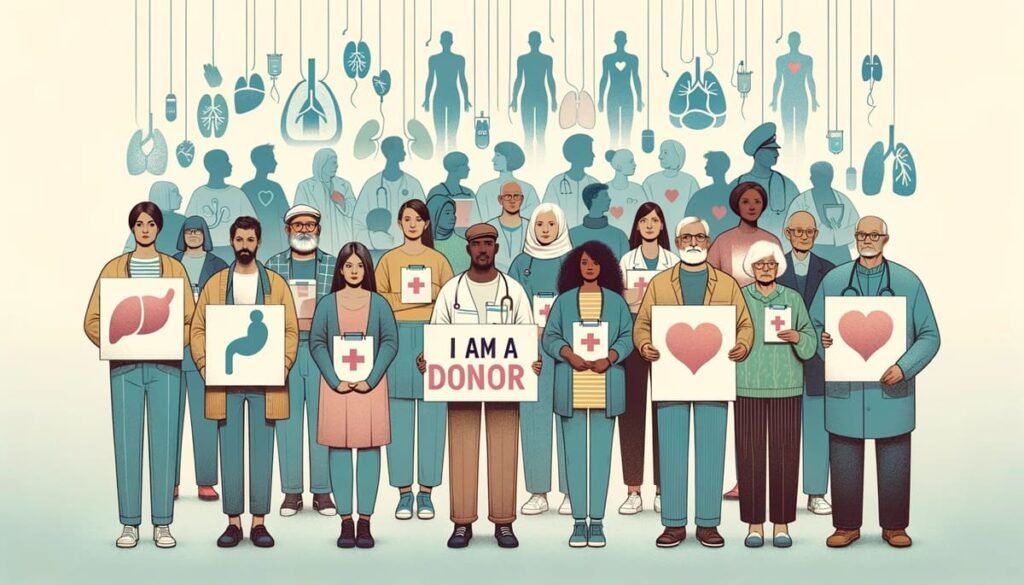
Organ donation is a vital process that saves thousands of lives each year. However, the number of patients waiting for transplants far exceeds the available organs. One solution gaining global attention is shifting to an automatic, or “opt-out,” organ donation system. This approach could potentially increase the number of donors and save many lives.
Contents
What is Automatic Organ Donation?
Automatic organ donation, commonly referred to as an “opt-out” system, assumes that individuals consent to donate their organs upon death unless they explicitly register their decision not to. This system is designed to increase the pool of potential donors by simplifying the donation process.
The Case for Automatic Organ Donation
Several countries have successfully implemented opt-out organ donation systems, leading to significant increases in donation rates. For example, Spain has one of the highest organ donation rates in the world, largely attributed to its opt-out policy. The system not only simplifies the donation process but also normalizes the act of organ donation as a societal norm.
How Automatic Organ Donation Works
In countries with an opt-out system, every adult is considered a potential donor unless they have explicitly stated otherwise, usually through a national registry. This method contrasts with the “opt-in” system, where individuals must actively sign up to a donor registry.
Benefits of Opt-Out Organ Donation
- Increased Donation Rates: Countries with opt-out systems typically see higher organ donation rates, reducing wait times for transplants.
- Reduced Burden on Families: Automatically considering individuals as donors can relieve families of the burden of making a decision about organ donation during a time of grief.
- Enhanced Public Awareness: The presence of an opt-out system often comes with public health campaigns, which increase awareness and understanding of organ donation.
Ethical Considerations
While the benefits are significant, ethical concerns arise regarding individual autonomy and informed consent. Critics argue that not everyone may be aware of being automatically enrolled as donors, which could lead to donations that are not fully consensual. Addressing these concerns involves comprehensive public education and easy access to opt-out procedures.
FAQs About Automatic Organ Donation
Q: How can someone opt out of automatic organ donation?
A: In countries with an opt-out system, individuals can register their decision not to donate through a national registry, often accessible online.
Q: Are there any religious or cultural considerations in automatic organ donation?
A: Yes, most opt-out countries consider such factors and provide easily accessible information and opt-out options to respect diverse beliefs and values.
Q: Does automatic organ donation apply to all types of organs?
A: Typically, it applies to all organs that can be donated after death, but specific regulations can vary by country.
Q: What impact does automatic organ donation have on transplant success rates?
A: While it increases the number of available organs, transplant success also depends on medical factors like the match between donor and recipient and the recipient’s health condition.
Conclusion
Adopting an automatic organ donation system could significantly increase the number of available organs for transplantation, thereby saving more lives. However, it requires careful implementation, respecting individual rights and cultural differences, and robust public education to ensure it is successful and ethically sound.
By fostering a greater understanding and simplifying the donation process, automatic organ donation holds the promise of turning the tide in the global challenge of meeting the demand for organ transplants.